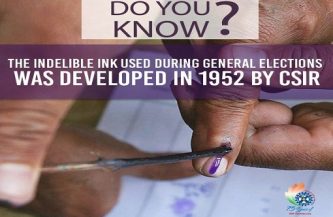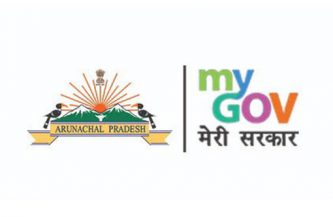How to make meetings more productive and create greater value?

Bureaucrats often complain of long-drawn meetings that are a waste of time. Some ways to make meetings more useful are given below.
- Understanding that meetings are “social systems embedded in the emotional and cultural reality of the organization” can create greater value. Some dynamics of bureaucratic systems are:
- To know the different perspectives of participants (where they are coming from) – some ascribe high priority, some prepare and come and some feel strongly about the topic,
- To tune into different emotions – some come with personal, often unconscious, agendas, some view the meeting as a status symbol, some view the meetings as social gatherings and some use meetings to score political points and
- To recognize that people relate differently to leading or being led (Ashkenas).
2. Negotiation studies offer interesting insights (Sinaceur) on how to manage the social aspects of meetings. Generally, blowing hot and cold (inconsistency and unpredictability) is an effective negotiation and meeting strategy. Greater compliance from people is possible if your moods alternate between anger and another emotion, as compared to expressing anger consistently. Moreover, effectiveness in increased if meetings start on a positive note, anger is directed at the issue (not a person), is expressed parsimoniously and if dissatisfaction is expressed with a positive spin.
3. On the other hand, meeting productivity can be enhanced by focusing on results, not hours and one way administrators can “remove themselves from the treadmill of long, wasted hours at work” is by “constantly evaluating (their) use of time — even if (the) organization’s culture doesn’t force (them) to. That means knowing what’s important to (them, their) organization, and (their) boss — and, vitally, what’s not important. So think critically and rigorously about your priorities” (Pozen). Administrators hardly use their “convening authority” to get things done, say, by bringing people together people from across the organization to share information, build alignment or solve problems (Ashkenas). Meetings have to be founded on organizational conversation, not communication. Organization communication is typically top-down and suits the needs of the hierarchy driven organizations. On the other hand, organizational conversational involves 4Is –
- Intimacy – participants remain close literally and figuratively,
- Interactivity – talk is a two-way street,
- Inclusion – is an equal opportunity proposition, and
- Intentionality – the people in the conversation have a sense where they want to go (Groysberg and Slind).
4. Often, conventional notions connected to managing meetings require a relook. For example, disaggregated teams work better at certain things, especially during forecasting or predicting where building consensus is of little use and a better option is to aggregate individual forecasts or predictions because
- A few charismatic members present in meetings may sway the opinion of others, and
- Herding may occur in which members suppress their own dissent and fall in line with others for fear of standing out too much (Silver). Such “groupthink” encourages conformity and mediocrity and one way to avoid groupthink is by assembling diverse teams and encouraging passionate champions who advocate game changing concepts and rules (Govindrajan and Terwilleger).
5. Do not always agree during meetings, but add unique value by engaging in open, healthy conflicts, which lead to innovation, better synthesis of diverse perspectives, reduced risk and well thought solutions. Some ways to add value are – try not to score brownie points when confronted with something new or surprising but add to others’ understandings of reality and during disagreements make others imagine the impact of decisions, try to understand what’s behind the suggestion and ask for help to get the job done (Davey).
(Views are personal)
– Dr. Sameer Sharma,
Additional Secretary, MoUD





